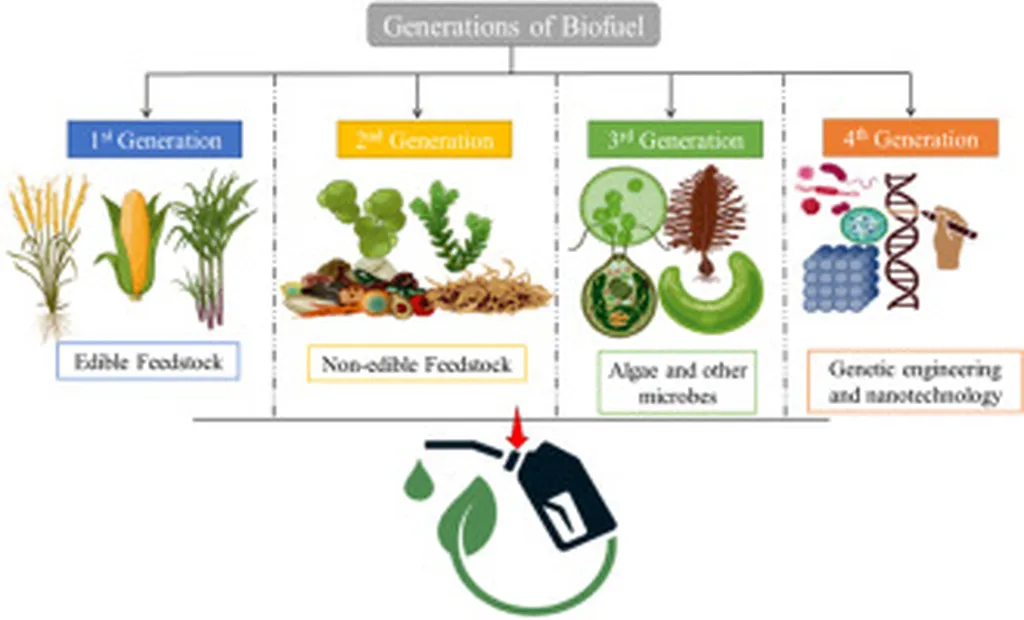In the quest to harness Indonesia’s vast biomass potential for bioethanol production, a recent study has shed light on a promising native microbial isolate that could revolutionize the industry. Published in the ‘BIO Web of Conferences’, the research led by Sujana I Gede Arya from the Department of Agricultural Biotechnology at Udayana University, explores the capabilities of the R5I3 isolate in producing ethanol under varying conditions.
Bioethanol production in Indonesia has long been hampered by the scarcity of indigenous ethanol-producing microbes, despite the country’s abundant biomass resources. This new study evaluated the potential of the R5I3 isolate to produce ethanol using a Yeast Peptone Glucose (YPG) medium. The researchers varied glucose concentrations from 8% to 20% (w/v) and fermentation durations from 1 to 4 days, aiming to optimize ethanol yield.
The results were promising. The R5I3 isolate not only survived but thrived across all treatment conditions, demonstrating its robustness and adaptability. The highest ethanol yield was recorded in the 18% w/v glucose treatment with a four-day fermentation period, producing 9.75 ± 0.35% (v/v) ethanol. This yield was accompanied by a final pH of 3.47 ± 0.55, total dissolved solids of 6.30 ± 0.14°Brix, and reducing sugar of 0.688 ± 0.008 mg/mL.
“These findings indicate that the R5I3 isolate has strong potential as a microbial agent for bioethanol production under varying glucose concentrations and fermentation times,” said lead author Sujana I Gede Arya. This adaptability is crucial for commercial applications, where consistent and high yields are essential for economic viability.
The implications for the agriculture sector are significant. With a reliable, native microbial isolate, Indonesia can tap into its vast biomass resources more effectively, reducing dependence on imported technology and fostering local innovation. This could lead to the development of more sustainable and cost-effective bioethanol production processes, benefiting both the environment and the economy.
Moreover, the study opens doors for further research into the optimization of fermentation conditions and the exploration of other native microbes. As Arya noted, “Understanding the full potential of indigenous microbes can pave the way for more efficient and sustainable bioethanol production, aligning with global efforts towards renewable energy.”
The research published in ‘BIO Web of Conferences’ not only highlights the potential of the R5I3 isolate but also underscores the importance of investing in local biotechnology research. By leveraging indigenous resources and expertise, Indonesia can position itself as a leader in the bioethanol industry, driving growth and innovation in the agriculture sector.
As the world shifts towards renewable energy, the role of bioethanol in reducing carbon emissions and promoting energy independence cannot be overstated. This study represents a significant step forward in that direction, offering a glimpse into the future of sustainable energy production. With continued research and investment, the R5I3 isolate could become a cornerstone of Indonesia’s bioethanol industry, shaping the future of energy and agriculture in the region.

